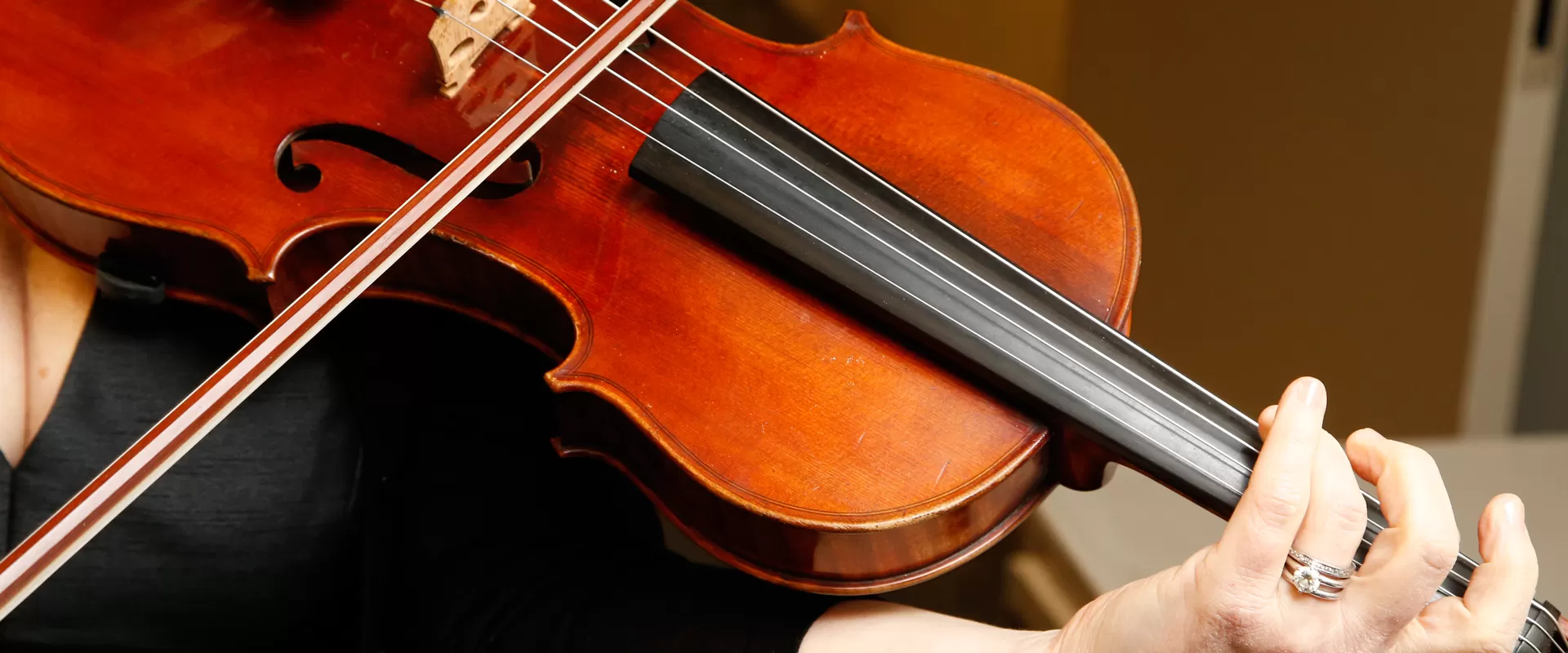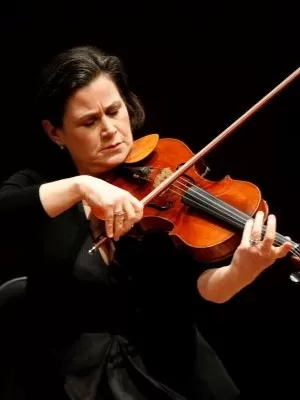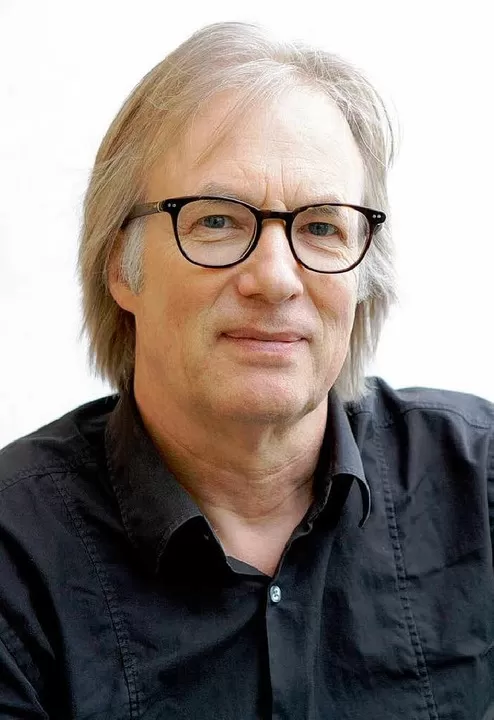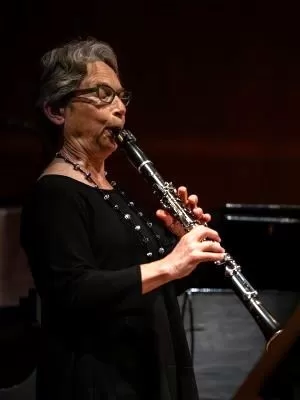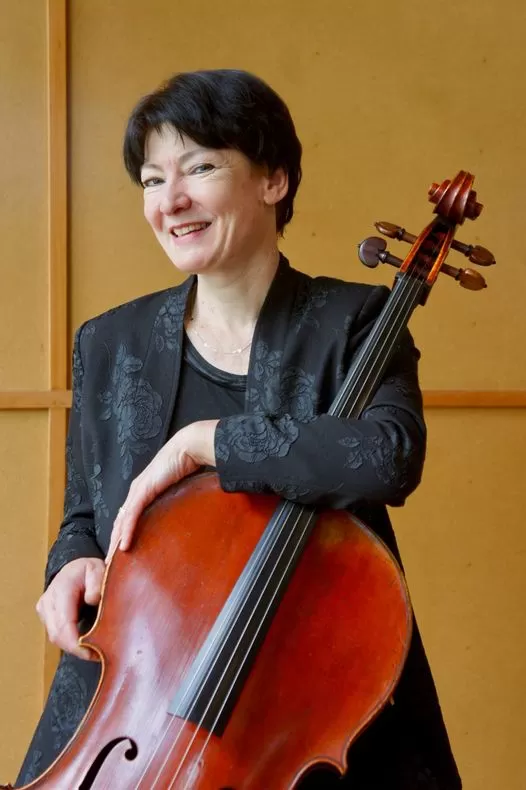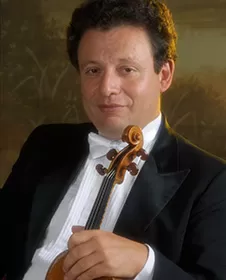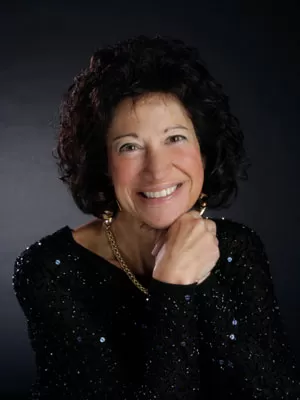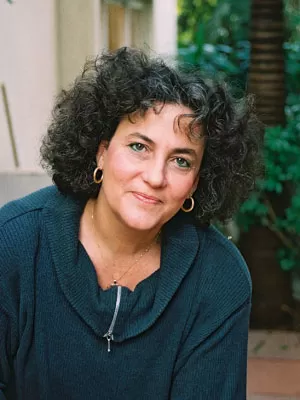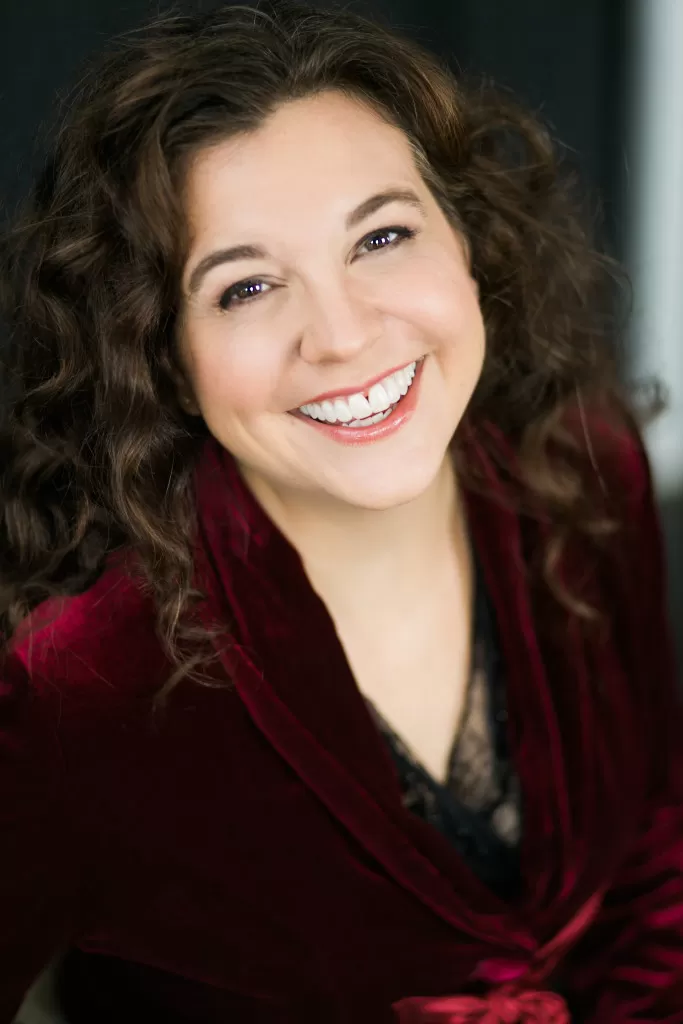A concert to commemorate the 70th anniversary of Kristallnacht
Illsley Ball Nordstrom Recital Hall at Benaroya Hall
This fall MOR presents a live performance of Israeli composer Betty Olivero’s score for the German expressionist film The Golem (1920), led by German conductor Guenter Buchwald, accompanying a screening of the complete film. In her introductory remarks, Mina Miller will discuss how this classic silent film—based on a sixteenth-century legend—reflects perceptions of Jews and Jewish identity at a pivotal time in early 20th-century Germany. Before the silver screen lights up, we perform Simon Sargon’s Before the Ark, a haunting, ethereal work for violin and piano, and young Israeli composer Lior Navok’s Found in a Train Station, based on a note written in a Polish train station by a mother who—boarding a train to a Nazi camp—faced the agonizing decision to leave her child behind.
Simon Sargon
Before the Ark (1987)
Leonid Keylin, violin; Mina Miller, piano
Lior Navok
Found in a Train Station (2007) United States Premiere
Vira Slywotzky, soprano
Mikhail Shmidt, violin; Laura DeLuca, clarinet; Mara Finkelstein, cello; Steven Novacek, mandolin; Mina Miller, piano
Betty Olivero
The Golem (1997)
Guenter Buchwald, guest conductor
Laura DeLuca, clarinet; Mikhail Shmidt, violin; Leonid Keylin, violin; Susan Gulkis Assadi, viola; Mara Finkelstein, cello
About the Music
Before the Ark (1987)
Simon Sargon
(b. Mumbai, India, 1938)
Simon Sargon offers the following remarks:
Written in the style of the Ashkenazim, or Eastern European Jews, this prayer for violin and piano has a mystic, otherworldly quality. It begins softly, as if the worshipper were afraid to approach God’s presence. As the meditation continues, the soul frees itself of its early bonds, soaring freely into communion with the divine.
Simon Sargon, composer, is also a pianist, and lecturer on music. A professor of composition at Southern Methodist University, he holds degrees from Brandeis University and the Juilliard School. Prior to his appointment at SMU, Sargon taught at Sarah Lawrence College and the Juilliard School. He was head of the Voice Department at the Rubin Academy of Music in Jerusalem, and, for over 25 years, Director of Music at Temple Emanu-El in Dallas. Sargon’s compositions have been performed internationally. His work as both composer and pianist can be heard on the New World, Ongaku, Gasparo, and Crystal labels.
Found in a Train Station (2007)
Lior Navok (b. Tel Aviv, Israel, 1971)
United States Premiere
Lior Navok offers the following remarks:
The text I have used for my composition is a note, written in and found at a train station in Poland during the Second World War. It contains the last words of a mother, who—right before stepping into the train that carried Jewish passengers to their bitter end—decided to abandon her child. She attached a note in the hope that someone would have the heart to save the kid. The music portrays the running thoughts, passivity, stored anger, remorse, and hope that ran in the mind of the mother as she faced this heartbreaking dilemma. The work is dedicated to mandolin player Avi Avital and was commissioned in memory of Edwin Jaffe, who always looked for the bright and hopeful side of life.
Lior Navok, composer, studied with Yinam Leef at Jerusalem’s Rubin Academy of Music, and received his Masters and Doctorate in Music from the New England Conservatory, where he studied composing with John Harbison. His music has been performed by the Radio Philharmonie Hannover NDR, Israel Philharmonic Orchestra, Boston Modern Orchestra Project, The Cantata Singers, Soloists of Bamberg Symphony Orchestra, Hong Kong Chamber Orchestra, The Borromeo Quartet, and Raschèr Saxophon Quartet, among many others. Collaborations include works with choreographers Lucía Baumgartner and Alexandra Waierstall, visual artists Ling-Wen Tsai and Ohad Meromi, and piano improvisations on poetry by D. Nurkse. Recent awards include the Lili Boulanger Memorial Fund Award, Prime Minster Award, Massachusetts Cultural Council, and America-Israel Cultural Foundation. His two CDs are Hidden Reflections and Meditations Over Shore.
The Golem (1997)
Betty Olivero
(b. Tel Aviv, Israel, 1954)
Made at a pivotal time in European Jewish life, The Golem: How He Came Into The World is set in 16th-century Prague, and based on a mystical Jewish legend. By 1920—the year the German Workers Party changed its name to the National Socialist German Workers Party—the conflicting currents of Jewish assimilation and separation were converging with an increasingly virulent anti-Semitism. The director’s own biography illustrates that tension: Paul Wegener, once a pacifist, was later honored by Josef Goebbels for his production of Nazi propaganda films. Wegener co-wrote and co-directed The Golem, and also portrayed the Golem character. The film was shot by Karl Freund, the lighting legend behind Metropolis and Dracula. (After emigrating to the U.S., Freund became head cameraman for I Love Lucy.)
Wegener produced three Golem films, but only the third – The Golem: How He Came Into The World – has been preserved. Rabbi Loew, responding to the Emperor’s decree expelling the Jews from Prague, creates the Golem and brings him to life. The Golem saves the Ghetto, but he soon slips from the rabbi’s control. The story is rich in symbolism and allegory. Some Jewish thinkers have seen in the legend a depiction of complex moral choices faced by those confronting the threat of destruction. For German film audiences, The Golem contained provocative imagery of Jews and Jewishness, and the film’s impact was social as well as artistic. Olivero’s score brilliantly reinforces the cinematic effects of this classic German Expressionist film, combining folk styles and contemporary techniques. Some of the music has its genesis in klezmer tunes, and another melody quotes from “Place Me Under Thy Wing.” The music, seamlessly integrated with the film, blurs the lines of memory and fantasy, history and myth.
Betty Olivero offers the following remarks:
About fifteen years ago I had some concerts in Munich and by chance I met a woman who was involved in the restoration of the film The Golem: How He Came Into The World at the State Museum. I was honored to be present at a private projection of the final, just-restored work. I was amazed by the beauty of the film. The legend, in all its different versions, was well known to me, and I had always wanted to write an opera, or ballet music, for it. I was so attracted by Wegener’s silent movie that I decided that this would be the perfect realization of my dream. Coincidentally (or perhaps not) I then met clarinetist Giora Feidman through a dear friend, and I told him about the film I had just seen. We decided to realize my dream together. I would write the music for clarinet and string quartet and he would play it. The body movement of the actors, the exaggerated expressions, the over-acting—all so characteristic of the silent movie acting style—seemed to me like a ballet that music should be set to. It was like writing music to an existing choreography.
Starkly different worlds are brought together in The Golem: the 16th-century Jewish legend about the Golem of Prague, Jewish customs and traditions throughout the centuries (up to the early part of the 20th century when the film was made), and German Expressionism. The music I composed to accompany the film pays homage to these different cultural strands, and manifest the crossroads of these far-apart worlds, which are yet connected through the film’s artistic vision. Each of the different characters and scenes that appear in the beginning of the film has a particular and distinctive musical theme. As the drama develops, these themes—all emerging from traditional tunes from the Jewish folk and klezmer repertoire, as well as highly sacred music from ancient Jewish liturgy—weave into each other.
Betty Olivero, composer, was born in Tel Aviv, Israel, lived in Florence, Italy, for most of her career, and now lives in Israel. She is an associate professor of composition at the Music Department in Bar-Ilan University and composer-in-residence for the Jerusalem Symphony Orchestra. Upcoming world premieres include a commission for the Judaica Division of Harvard University to commemorate the 60th anniversary of the State of Israel, a commission for the Chicago Symphony Orchestra’s 2008-09 season, and a commission from Music of Remembrance for two voices and string quartet scheduled for May 2009. Inspired by ancient Jewish and other early musical traditions—Judeo-Spanish, Arab, and medieval music—her music employs both traditional and avant-garde forms. Her compositions have been performed by the Chicago Symphony Orchestra, New York Philharmonic Orchestra, Israel Philharmonic Orchestra, BBC Symphony Orchestra, London Sinfonietta, Amsterdam Sinfonietta, Juilliard Ensemble, and Arditti Quartet, and at many major European, North American and Asian festivals. She studied at Jerusalem’s Rubin Academy of Music, at Tel Aviv University and Bar-Ilan University (with Itzhak Sadai and Leon Shidlowsky), and at Yale University (with Jacob Druckman and Bernard Rands). In 1982, at Tanglewood, she worked with Luciano Berio, with whom she studied for three more years. Olivero has been awarded the Fromm Award, Koussevitzky Award, Israel’s Prime Minister’s Prize (2001), Rosenblum Award for the Performing Arts, Landau Award for the Performing Arts, and ACUM Prize for Life Achievements.
